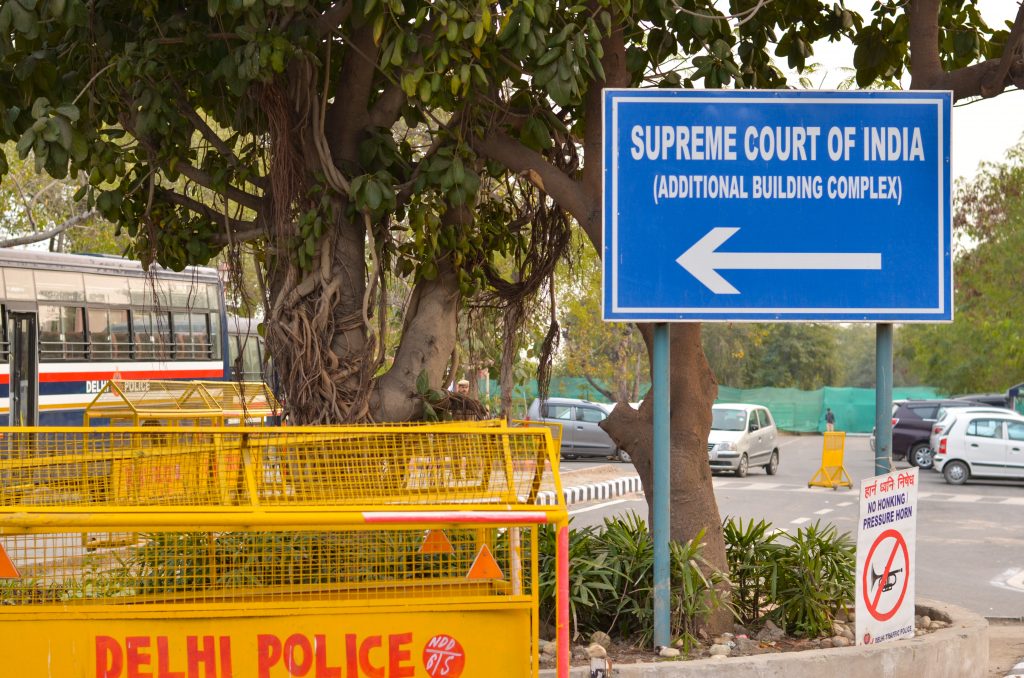A new anti-conversion law that was passed by India’s Gujarat state last month threatens Christians and Muslims according to Catholic Church leaders.
The religious leaders said the new law goes against the Indian Constitution that allows citizens to profess, practice, and propagate a religion of their choice.
Critics of the law called on the western Indian state government to abrogate the “Gujarat Freedom of Religion Act 2021.”
A report by the Catholic pontifical foundation Aid to the Church in Need (ACN) said Gujarat, which enacted the law in 2003, amended the legislation to include stringent provisions for up to 10 years imprisonment and a fine of up to 500,000 Indian rupees (US$6750.
Jesuit Father Cedric Prakash, who is based in Ahmedabad, Gujarat’s commercial hub, said under the new “draconian” law even “a blessing given in good faith to a person from different religion can be construed as an attempt to religious conversion.”
The nationalist Bharatiya Janata Party (BJP, Indian People’s Party) that rules the state amended the law for the purpose of checking the “love jihad,” mostly to target Muslim youths who allegedly feign love to marry girls from other religions and convert them to Islam.
Father Prakash said the new law targets both Christians and Muslims, adding that other religions in the country are considered part of Hinduism, India’s main religion.
The Hindu nationalists oppose Christianity and Islam because of their foreign origin and target their followers, accusing them of promoting religious conversion or eating beef, among other things, said the ACN report.
Father Prakash said the new law has given the Hindu nationalists more power to persecute a Christian merely on the basis of a false allegation of religious conversion—and the law has put the burden of proving the allegation on the accused rather than the accuser.
“A mere divine blessing or a suggestion for a better lifestyle can be termed as violation of the new law, making the life of a Christian or Muslim miserable in their country where freedom of religion is paramount,” said the Jesuit priest.

India’s Supreme Court, meanwhile, declared on April 9 that “people are free to choose their religion and have the right under the Constitution to profess, practice and propagate” that religion.
The court also asserted that individuals 18 and over are free to their religion.
The court’s ruling has had no impact on the Gujarat government, which opposes any demand for the law’s repeal. That law also provides for punishments of priests who preside over conversion ceremonies.
“In case someone wants to convert, he or she must notify the designated government officer who, after conducting a probe, would have to permit the conversion. Failing that, the conversion would be considered a crime,” said Father Prakash.
A group of social activists under the Citizens for Justice and Peace banner has challenged the law before the Supreme Court.
Christians form 2.3 percent and Muslims 14.2 percent of India’s population of 1.37 billion people.






